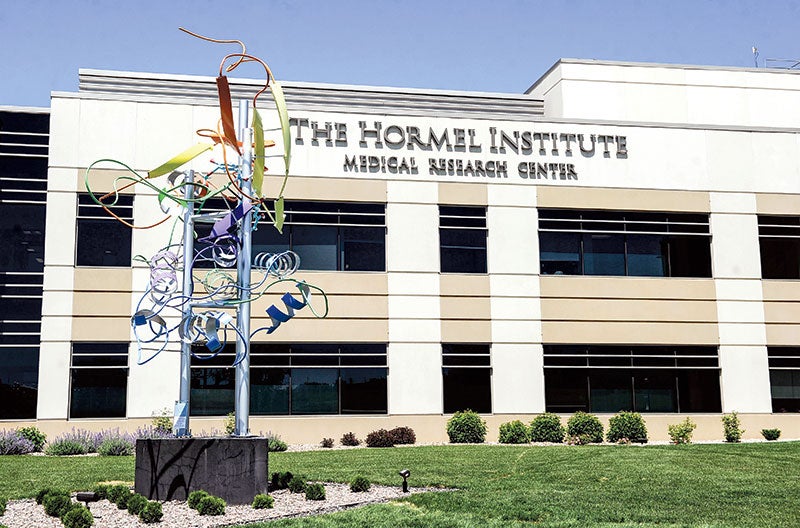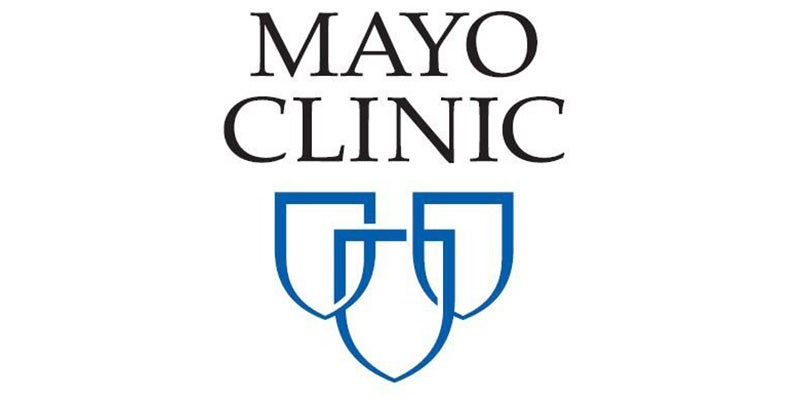Rural Minnesota hospitals lack sign-language interpreters
Published 9:00 am Tuesday, January 2, 2018
DULUTH — Deaf patients and their families have filed dozens of complaints in recent years against Minnesota hospitals that lack sign-language interpreters, most of them in rural areas.
Minnesota Public Radio reports that many of the hospitals facing lawsuits are in rural areas of the state where there’s a shortage of sign-language interpreters. Deaf patients and organizations advocating for them say the lack of interpreters makes it difficult for them to make informed health care decisions.
Attorney Heather Gilbert said dozens of complaints have been filed against hospitals, including in Owatonna, Northfield, and Fergus Falls. Gilbert represented a couple who settled a lawsuit in mid-December with Fairview Range Medical Center in Hibbing.
The couple, Matt and Julie Svatos, said the hospital failed to provide an interpreter after the birth of their first child on May 2013, when a doctor explained that their baby might have a brain abnormality.
“They would just kind of ignore me as if I wasn’t there,” said Matt Svatos, who is deaf. “And they would only talk to Julie, as if she was the only one in the room.”
In the settlement, Fairview Range Medical Center agreed to improve training for staff and implement a protocol to ensure sign-language interpreters are available.
The hospital will also report regularly to the state about the interpreting services in provides.
The hospital declined an interview with the radio station but said in a statement that its priority is “to provide interpreter services to facilitate effective communication between patients, their families and companions and the health care team.”
“We want to assure you that Fairview does comply with the law, and we take our obligations under the law to provide effective means of communication very seriously,” the statement said.
The Sventos also received a confidential settlement.
An attorney with the Minnesota Disability Center said hospitals sometimes don’t make interpreter services a financial priority.
“It gets pushed way down the list of budget items,” said Rick Macpherson, who has settled 15 cases against hospitals since 2004.
But hospitals in rural areas say often the challenge finding qualified interpreters.
“The main thing is we don’t have enough interpreters in our area to be able to fulfill all the requests that come in,” said Natalie Stanley, the sign language program manager at Essentia Health East in Duluth.




